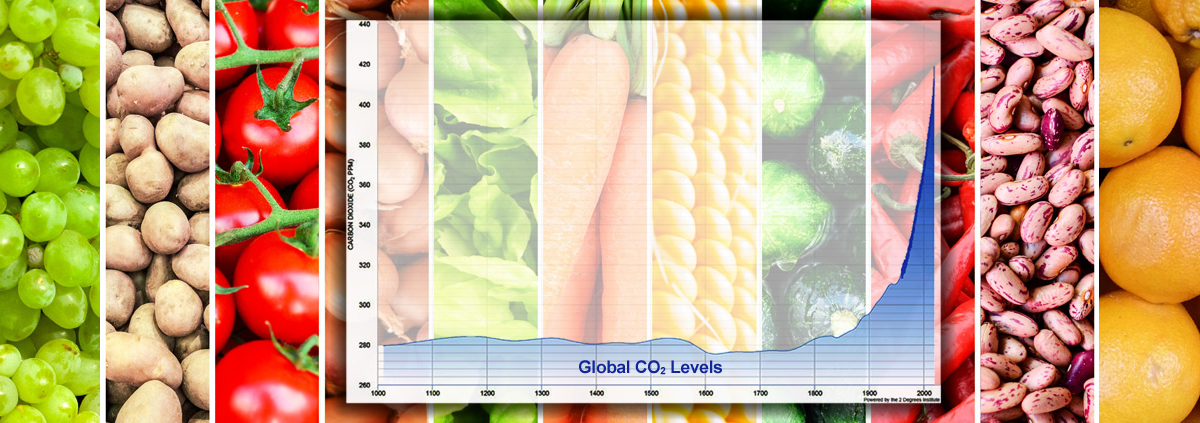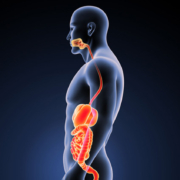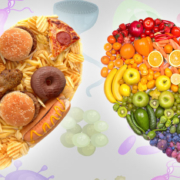Does Carbon Dioxide Affect Nutrition?
Carbon dioxide is a waste product of energy metabolism. When we burn the food we eat, the protein, carbohydrates, and fat will be eliminated as carbon dioxide and water. When we use the gasoline in our cars or lawnmowers, CO2 and water are also released during that form of metabolism (called combustion) as well. The benefit for us and our cars is that we get energy. The problem is that we’re producing too much CO2 from gasoline and other fossil fuels.
CO2 levels have risen and fallen over the millennia in response to global trends, but since the invention of the internal combustion engine, the atmospheric CO2 levels continue to rise. As the number of uses for engines has increased, so have CO2 levels; they’re now 100 ppm higher than the previous highest level.
What does this have to do with nutrition? After all, don’t plants need CO2 for photosynthesis? They combine CO2 and H2O together to make sugar, right? Correct. But what researchers wanted to know is whether the excess CO2 would affect the nutrient content of specific crops. Are we growing supercrops? That could have immense implications for global nutrition. I’ll talk about what they discovered on Thursday.
What are you prepared to do today?
Dr. Chet
Reference: https://go.nasa.gov/2zkpdjL.









